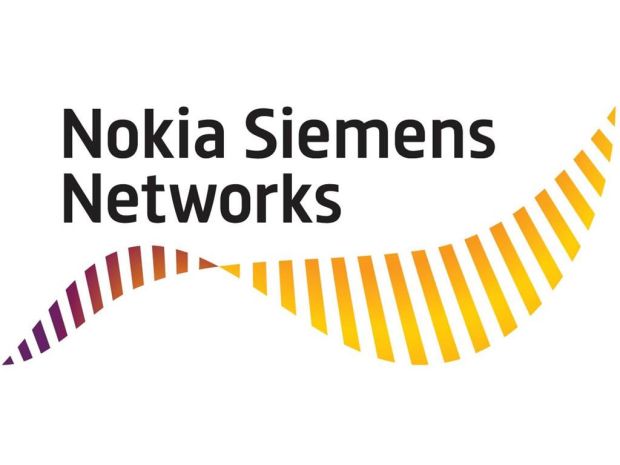Nokia Siemens Networks to expand Philippines R&D efforts

Nokia Siemens Networks (NSN) plans to double the size of its research and development (R&D) facility in the Philippines, as it looks to tap the rising global demand from telcos to have better 3G and 4G mobile networks.
The NetworkLabs facility in Quezon City currently has 400 employees, but will grow to 460 by the end of this quarter thanks to the recently-opened new floor, said John Lancaster-Lennox, head of NSN Asia South Sub-Region, the Philippine Daily Inquirer reported Monday.

The Philippines NetworkLabs facility works on developing new technologies that support advancements in 3G and 4G, he added. "We want to remain leaders in those areas globally so we need to invest a lot in R&D."
Lancaster-Lennox added: "There's talk of doubling the size. We don't know how long that would take but that's the direction we are taking."
The cost of expanding the R&D facility, which opened in July 2011, was not stated in the report. The original building, however, had cost 2 billion Philippines pesos (US$49 million) to construct, it noted.
ZDNet Asia has contacted the company to find out more about its expansion plans in the Philippines, and will update this report accordingly.
According to Lancaster-Lennox, as more telcos start rolling out 4G, also known as long-term evolution (LTE), networks, NSN had diverted its focus to developing advanced LTE networks that would boost the amount of data sent wirelessly to mobile devices. This involves the pooling of bandwidth delivered on separate radio frequencies, something currently impossible using commercially-available telco equipment and consumer devices.
The growth in Philippines bucks the overall streamlining the company has been embarking on. In November 2011, NSN said it would slash 17,000 jobs globally. The Philippine Daily Inquirer also noted the workforce has been cut by 15,000 to 60,000 in 2012. The aim was to reduce operating expenses and production overheads, as well as realign its business to focus on mobile broadband and services, it said.